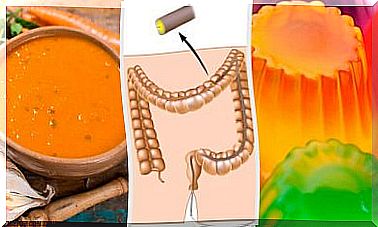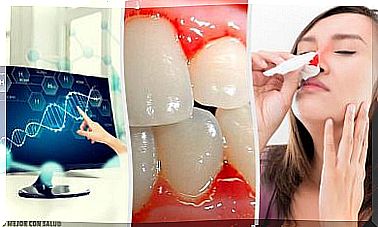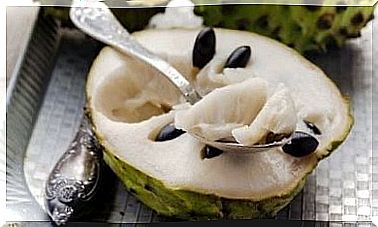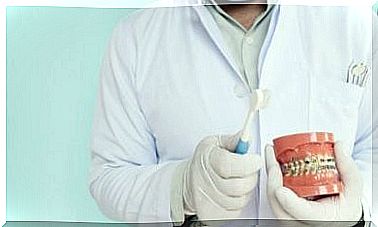Relationship Between Hormones And Weight Gain
To stimulate the production of growth hormone, and promote the transformation of fat into energy, it is essential to sleep 8 hours a day more to exercise.

Eating habits have a big influence on weight control. However, these habits are not the only ones responsible for the excess or loss of fat. Certain hormones are also involved in the process of gaining or losing weight.
Hormones are responsible for regulating many important functions of the body. Including the control of metabolism, appetite, digestion and other functions related to weight.
Therefore, an imbalance of these hormones can affect weight gain. But conversely, being overweight can be the cause of an imbalance of these hormones.
These hormones are essential for health. We will list the most important of them, and detail the relationship between hormones and weight gain.
Hormones and weight gain: leptin

This hormone is secreted by fat cells. Its function is to inform the brain when we have enough stored energy and do not need to consume more calories.
For this reason, it is said to cut hunger , and its balance is therefore crucial for a healthy weight.
The problem is, excess fat increases leptin levels, and the brain stops responding to its signals. To prevent this from happening, eat more fruits, vegetables, and other foods rich in antioxidants.
Insulin
Insulin is certainly the most well-known hormone due to the role it plays in controlling blood sugar. However, in addition to performing this important function, it is also involved in the exploitation of nutrient metabolism by increasing energy expenditure.
If it experiences any imbalance or modification, then the sugars are stored as fat, making it difficult to lose weight.
Cortisol

Known as the stress hormone, cortisol is associated with increasing belly fat. In addition to its importance in blood pressure, its other function is to control the metabolism of lipids, proteins and carbohydrates.
When it is secreted in too much quantity due to stress or other stimulating factors, it reacts negatively.
Estrogens and Androgens
Estrogens are a group of predominantly female hormones, while androgens are predominantly male.
These two types of hormones influence the distribution of fat in the body. This explains why the body mass varies according to their activity at each stage.
For example, women in the reproductive period tend to store more fat in their lower part. While during menopause women tend to accumulate it in the abdomen.
Growth hormone

To lose weight more easily, you need to increase the level of this hormone. Its activity interacts with fat cells, and promotes their transformation into energy. To stimulate it, it is recommended to practice regular physical activity and to sleep at least 8 hours a day.
Epinephrine
Better known under the name of adrenaline , this hormone exerts a great influence on the transformation of fat into energy. Its activity suppresses appetite, prevents the accumulation of abdominal fat, and is therefore a key element in preventing obesity.
Daily physical activity is the best way to stimulate this hormone and keep it stable.
Adiponectin
Adiponectin is a hormone produced by adipose tissue. It participates in the metabolism of glucose and fatty acids.
Its activity improves the ability of muscles to obtain energy from carbohydrates. It also increases the rate with which the body breaks down fat and controls appetite.
To maintain a balanced rate, it is necessary to practice physical activity and consume monounsaturated fats.
Irisin

Irisin is a hormone that is secreted during physical activity. Its function is to help burn calories more efficiently. She works even after finishing her physical exercises.
It reaches the white fat cells (“bad fat”) through the blood, which it then transforms into brown fat (“good fat”).
Cholecystokinin
The function of this intestinal hormone is to control appetite by reducing the consumption of calories. When it is released, it decreases the volume consumed and prolongs the feeling of satiety that occurs during each meal.
Ultimately, physical activity and hormonal balance play an essential role in weight control. The adoption of good habits as well as medical checks are key to avoid disturbances.









